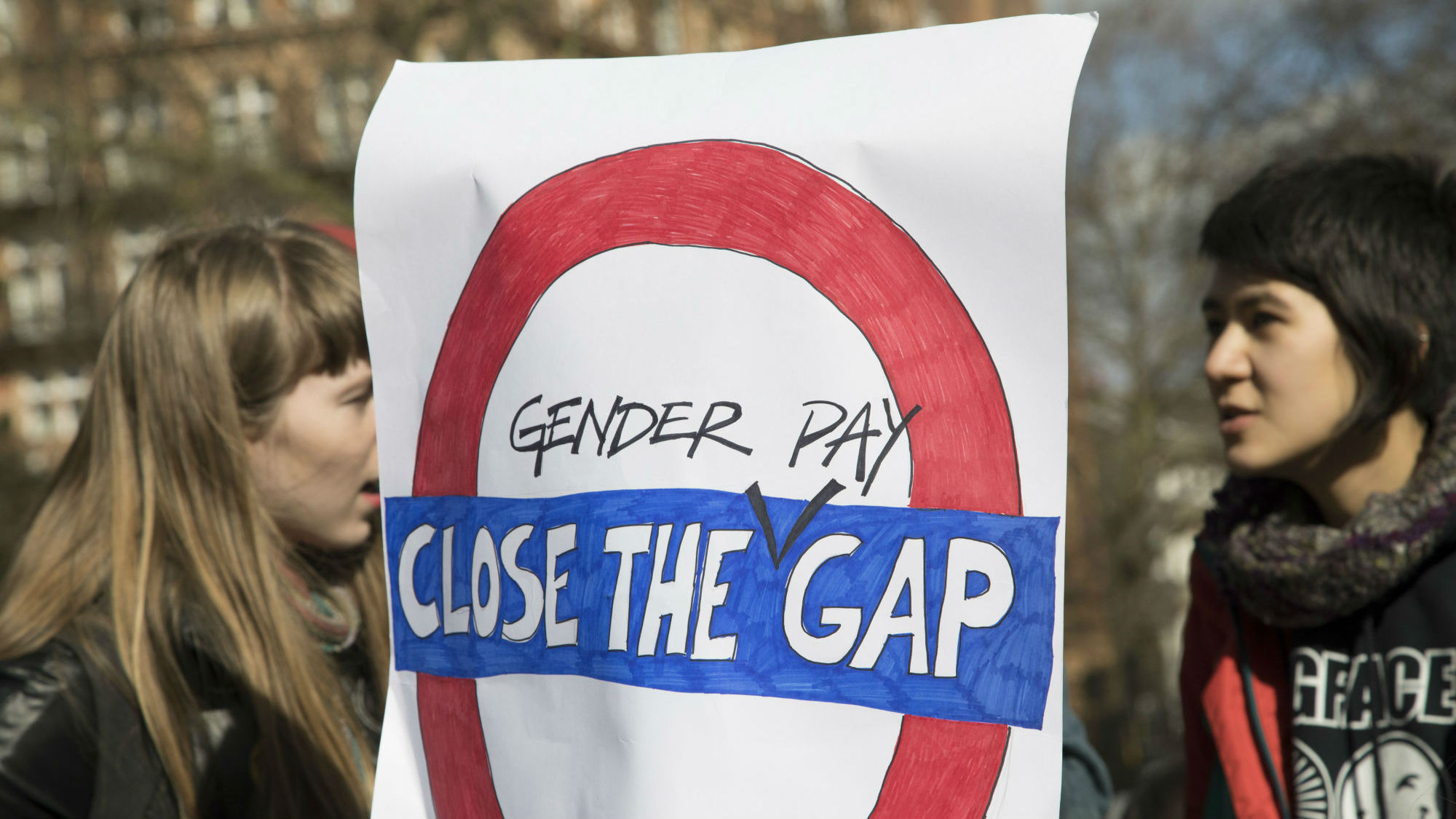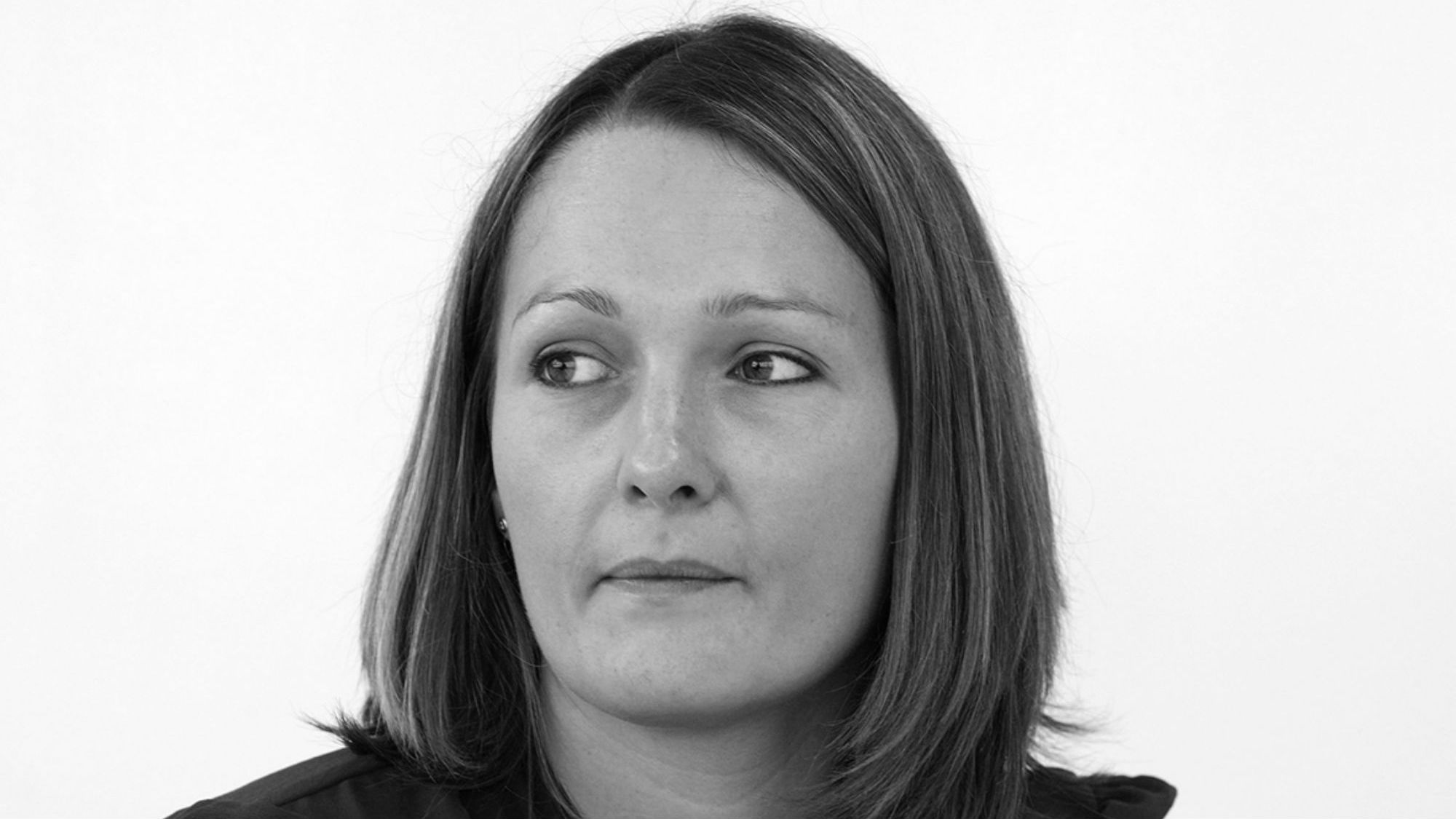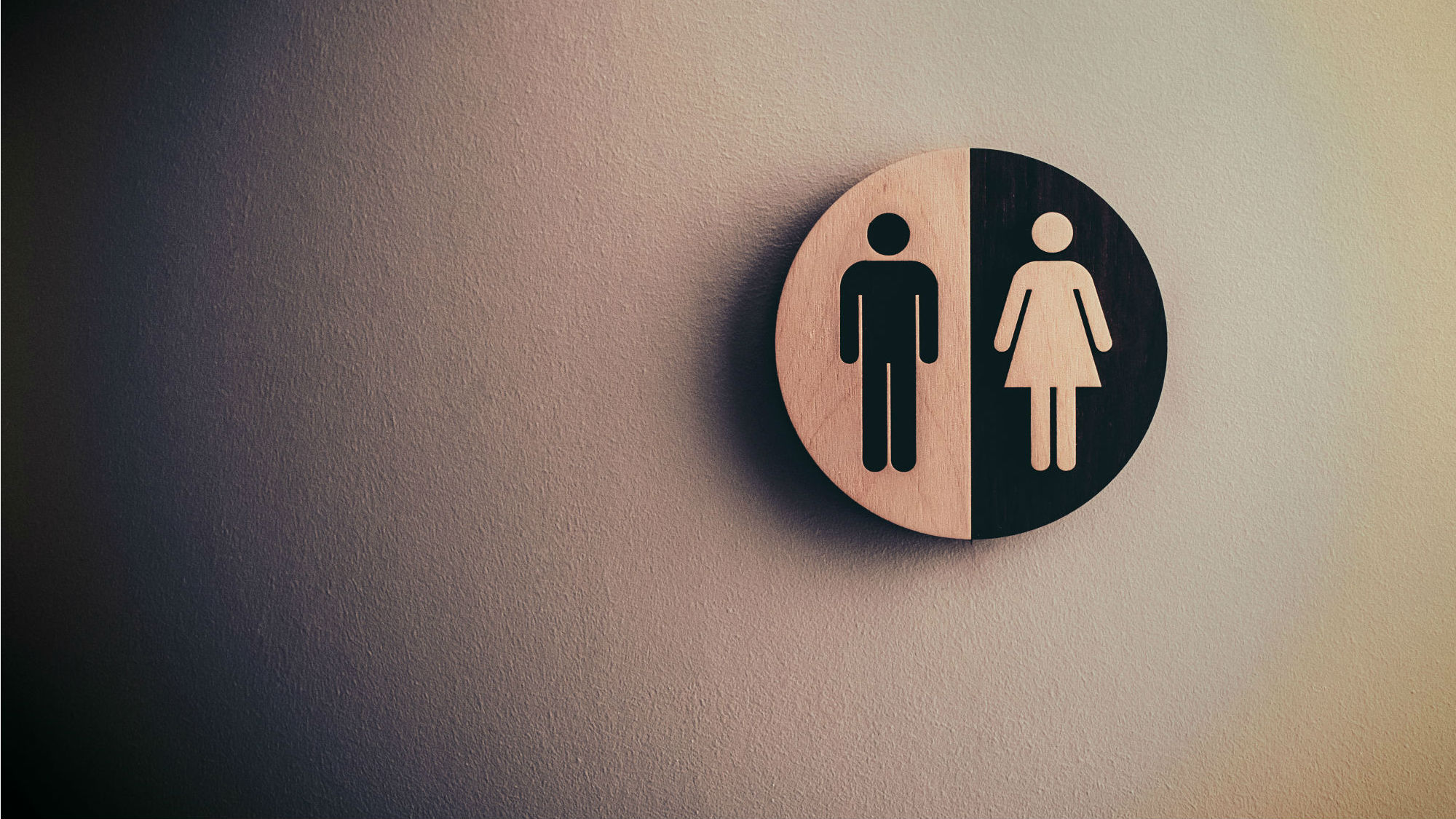Gender pay disparity and why the pandemic may make it wider
With the suspension of gender pay gap reporting back in March, lawyer Alex Christen investigates if the lockdown's economic fallout will only widen disparity between the sexes


Celebrity news, beauty, fashion advice, and fascinating features, delivered straight to your inbox!
You are now subscribed
Your newsletter sign-up was successful
With the suspension of gender pay gap reporting back in March, lawyer Alex Christen investigates if the lockdown's economic fallout will only widen disparity between the sexes
Before we reached the height of the virus, the government suspended the requirement for gender pay gap reporting back in March – an initiative introduced in an effort to eliminate the gender pay disparity – citing the coronavirus, and the unprecedented times of uncertainty and pressures on employers.
This of course was inevitable, and understandable given the unprecedented circumstances, but after making huge strides in recent years to address the gender pay disparity, how will the impact of coronavirus and suspension of gender pay reporting impact on the progress made?
The current pandemic poses an unprecedented challenge for all of us, but the impact might be even bigger for women – both during and in the aftermath of the crisis.
As schools and nurseries remain closed, and childminding roles such as nannies and au pairs are put on hold, parents find themselves looking after their children 24/7. In many households, it is still statistically most likely that the mother will take on this responsibility, as well as continuing to take on most ‘silent chores’ like housework, cleaning and shopping.

Why is that? According to the government, 40% of employed women work part-time, compared with only 13% of men. And according to the Office for National Statistics, a woman working full time earns, on average, 8.9% less than her male counterpart.
So, in heterosexual relationships, women are potentially more likely to be the lower earners, meaning their jobs will be considered a lower priority when decisions must be made about childcare when disruptions like coronavirus come along. And this doesn’t take into account the number of single parent families across the UK, of whom 90% of are women.
Celebrity news, beauty, fashion advice, and fascinating features, delivered straight to your inbox!
Many of these factors have contributed to a significant gender pay disparity. To help tackle this, since 2017 organisations with 250 employees or more are obligated to publish and report specific figures about the difference between the average earnings of male and female employees.
Alex Christen, an employment lawyer at Capital Law, explains the government’s logic behind the suspension and where that leaves us.
'The idea was to relieve businesses and reduce the strain on large company HR departments who are already under great pressure to cope with the changes brought about by the pandemic,' says Christen. 'Having one less regulatory burden to worry about, allows them to focus on more pressing issues.'
The suspension of these reporting obligations is of course understandable. But after making significant progress in recent years to address the gender pay disparity, what does the onset of coronavirus and the suspension of pay gap reporting mean for the future of parity of pay, and the role of women in the workplace?

Christen argues next year’s figures will be the most important, as they will provide stronger evidence on the pandemic affecting equal pay.
'Despite this suspension, businesses can still demonstrate their commitment to a fairer workplace. Those who had already prepared their figures and reports in advance have been encouraged to publish them, and others should be prepared to turn their attention back to their reporting obligations once the crisis abates.
'The figures in next year’s reports will reveal whether the period of furlough and the subsequent return to work have resulted in an increase, or a decrease, of the gender pay gap,' explains Christen. 'So, in the meantime, it’s critical that employers remain mindful of gender equity – especially when considering furloughing, laying off, or potentially making redundancies.'
Although the news seems quite grim, Christen believes there are reasons to be positive. The huge volume of people now working from home every day, she says, represents the biggest opportunity in a generation for a cultural shift away from the more rigid 9-5 office-based working mentality.
'Given the success of remote working and the technology available to us, it’s hard to see how an employer could reasonably refuse a request from men or women for flexible working - which anyone can ask at any time. Women will hopefully be in more control, not only of where they work but also of when they work during the day, so that it fits their other commitments.'
Maria Coole is a contributing editor on Marie Claire.
Hello Marie Claire readers – you have reached your daily destination. I really hope you’re enjoying our reads and I'm very interested to know what you shared, liked and didn’t like (gah, it happens) by emailing me at: maria.coole@freelance.ti-media.com
But if you fancy finding out who you’re venting to then let me tell you I’m the one on the team that remembers the Spice Girls the first time round. I confidently predicted they’d be a one-hit wonder in the pages of Bliss magazine where I was deputy editor through the second half of the 90s. Having soundly killed any career ambitions in music journalism I’ve managed to keep myself in glow-boosting moisturisers and theatre tickets with a centuries-spanning career in journalism.
Yes, predating t’internet, when 'I’ll fax you' was grunted down a phone with a cord attached to it; when Glastonbury was still accessible by casually going under or over a flimsy fence; when gatecrashing a Foo Fighters aftershow party was easy-peasy-lemon-squeezy and tapping Dave Grohl on the shoulder was... oh sorry I like to ramble.
Originally born and bred in that there Welsh seaside town kindly given a new lease of life by Gavin & Stacey, I started out as a junior writer for the Girl Guides and eventually earned enough Brownie points to move on and have a blast as deputy editor of Bliss, New Woman and editor of People newspaper magazine. I was on the launch team of Look in 2007 - where I stuck around as deputy editor and acting editor for almost ten years - shaping a magazine and website at the forefront of body positivity, mental wellbeing and empowering features. More recently, I’ve been Closer executive editor, assistant editor at the Financial Times’s How To Spend It (yes thanks, no probs with that life skill) and now I’m making my inner fangirl’s dream come true by working on this agenda-setting brand, the one that inspired me to become a journalist when Marie Claire launched back in 1988.
I’m a theatre addict, lover of Marvel franchises, most hard cheeses, all types of trees, half-price Itsu, cats, Dr Who, cherry tomatoes, Curly-Wurly, cats, blueberries, cats, boiled eggs, cats, maxi dresses, cats, Adidas shelltops, cats and their kittens. I’ve never knowingly operated any household white goods and once served Ripples as a main course. And finally, always remember what the late great Nora Ephron said, ‘Everything is copy.’
